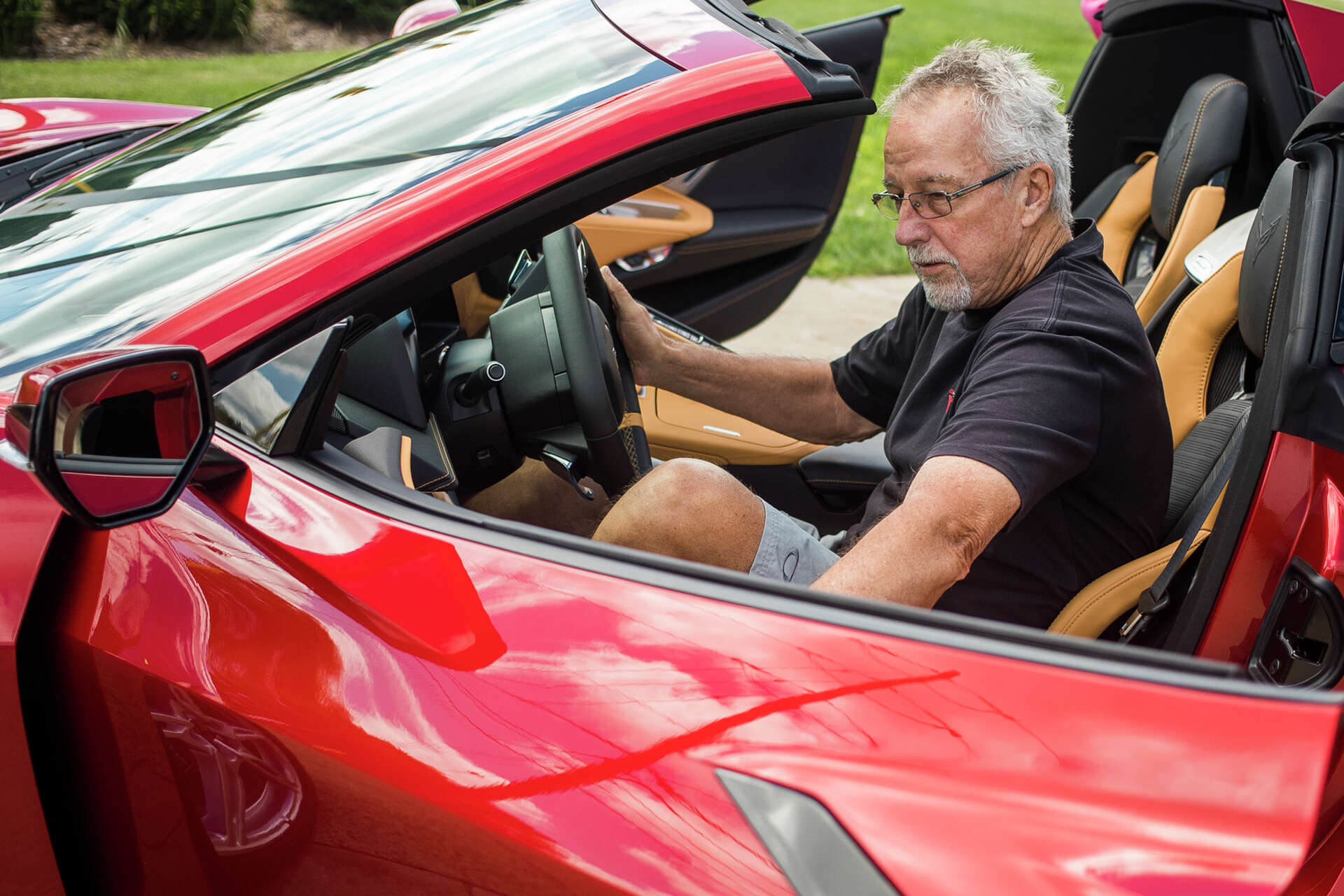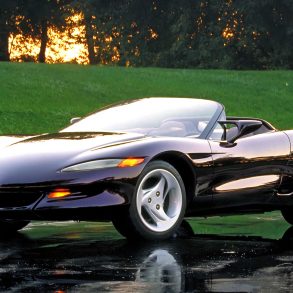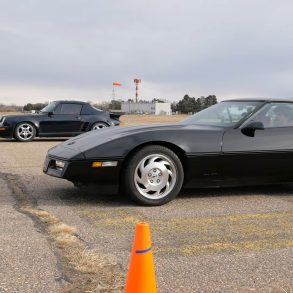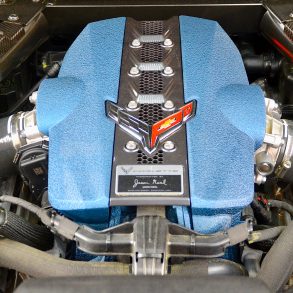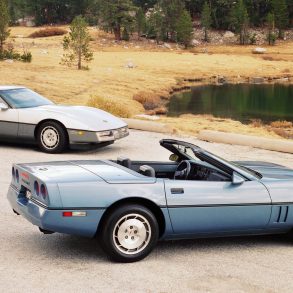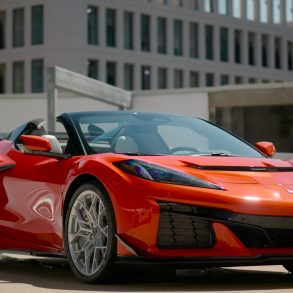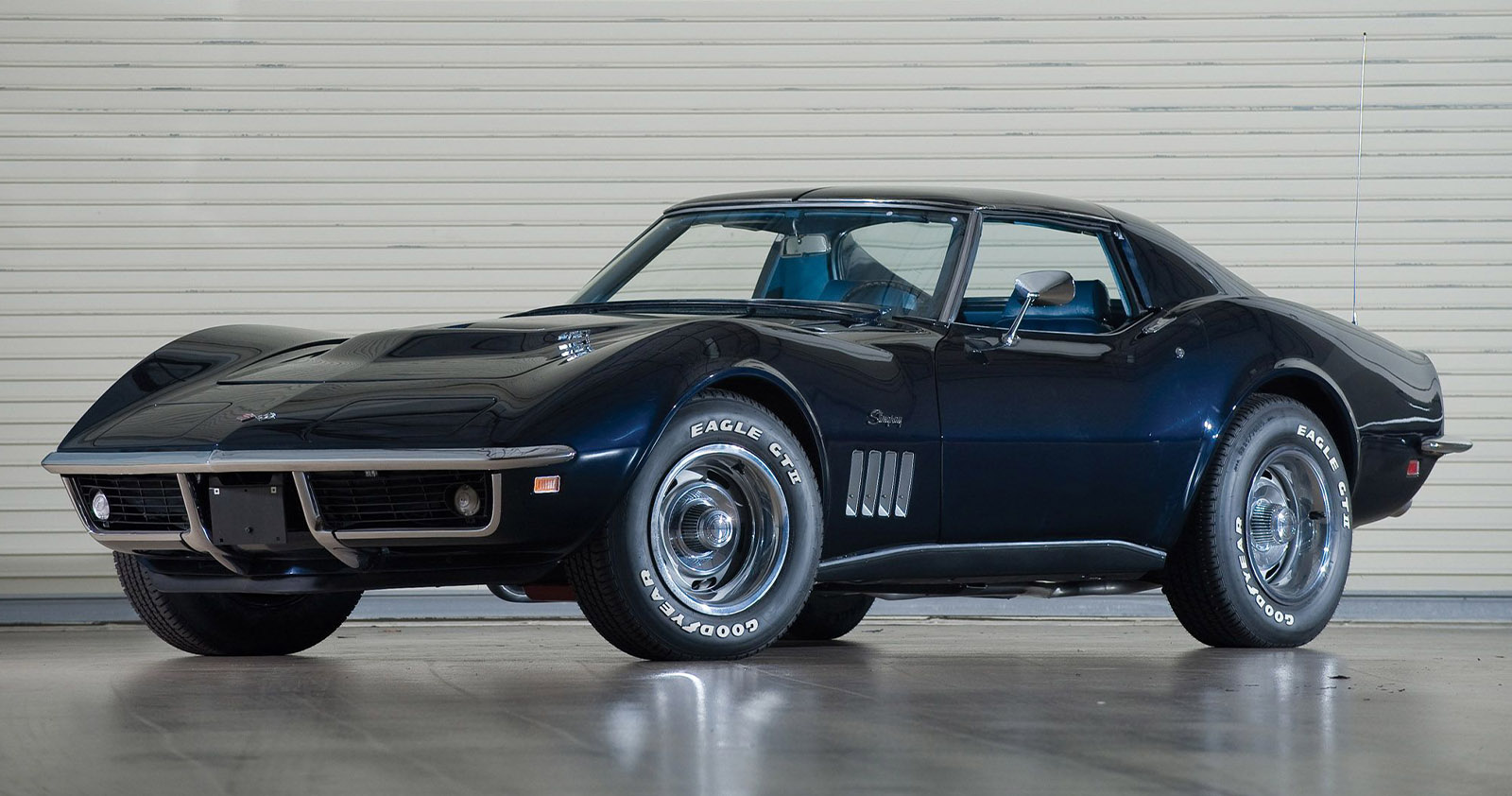They say stereotypes are funny because they are true. For instance, the “retiree in a red Corvette” image has been the punchline of car culture jokes for many years and for good reason. For decades, the average Corvette owner was older, affluent, and male. And it wasn’t just a perception; there’s data to back it up. Take the C4 for example. About 68% of C4 owners are over 65 years old.
But things are changing. The C8 Corvette’s bold design and mid-engine layout have drawn in a new wave of younger buyers, many of whom see it less as a nostalgia machine and more as a legitimate exotic rival. So how much of this “midlife crisis” myth still holds up?
Fact: The Corvette’s Aging Reputation Didn’t Come from Nowhere
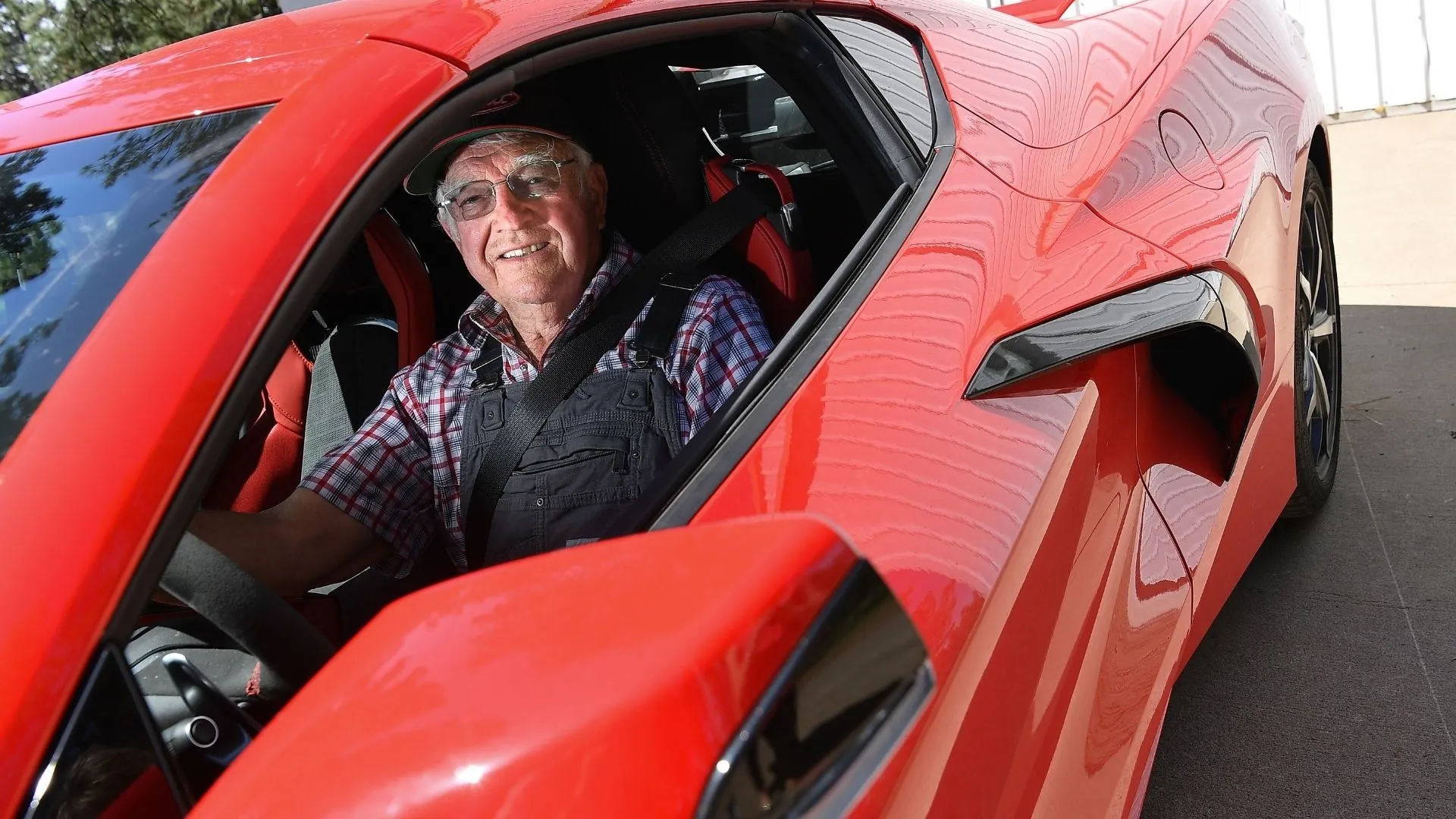
Throughout its history, owning a Corvette has been a dream realized later in life, especially if you wanted to buy it brand new. A recent study by Hedges & Company on Corvette demographics reveals that retirees predominantly owned earlier generations (C4 through C6). Nearly 70% of C4 owners were over 65, and even the C6, built between 2005 and 2013, had 62% of owners in that bracket. Gender trends weren’t any kinder to Corvette’s image either: about 80% of owners were male.
But this is no coincidence. Corvettes have historically offered that sweet spot of performance and comfort. They have consistently been approachable grand tourers rather than uncompromising sports cars. But with rising prices thrown into the mix, only buyers with disposable income and nostalgia tend to gravitate toward Vettes. In other words, folks who admired Corvettes in the ’70s or ’80s, only decades later have the means to buy one. Still, this isn’t just a Corvette phenomenon. As of 2022, the average new-car buyer in the U.S. is around 50 years old, so the Corvette’s age gap just happens to be more visible and thus easier to mock.
Fiction: The C7 and Especially the C8 Are Redefining Who Drives a Corvette

Chevrolet’s first real attempt to modernize the Corvette’s image came with the C7 generation (2014–2019), and they succeeded, at least partially. The C7 Corvette featured sharper styling and world-class handling, which also broke another myth about the Corvette’s infamous poor handling. This improved Vette started to attract slightly younger buyers. Around 46% were over 65, compared to over 60% in previous generations. Still, the real shift for the Corvette arrived with the introduction of the C8 in 2020.
Last year, Carscoops reported that Corvette buyers are also wealthier than ever, with a median income of around $214,000. In 2024, the Corvette’s average transaction price topped $100,000, yet demand remained sky-high, with most cars selling in just 18 days. GM’s gamble paid off: younger, design-driven enthusiasts see the C8 not as an old man’s fantasy but as a legitimate rival to Porsche and McLaren, all while retaining its American soul. Although Corvette sales in the United States declined about 38% in Q2 2025 and 34.3% in Q3 compared to last year, it continues to outsell all rivals combined from Porsche, Mercedes-Benz, Lexus, and Jaguar.
The Reality in Between: Younger Fans, Older Buyers
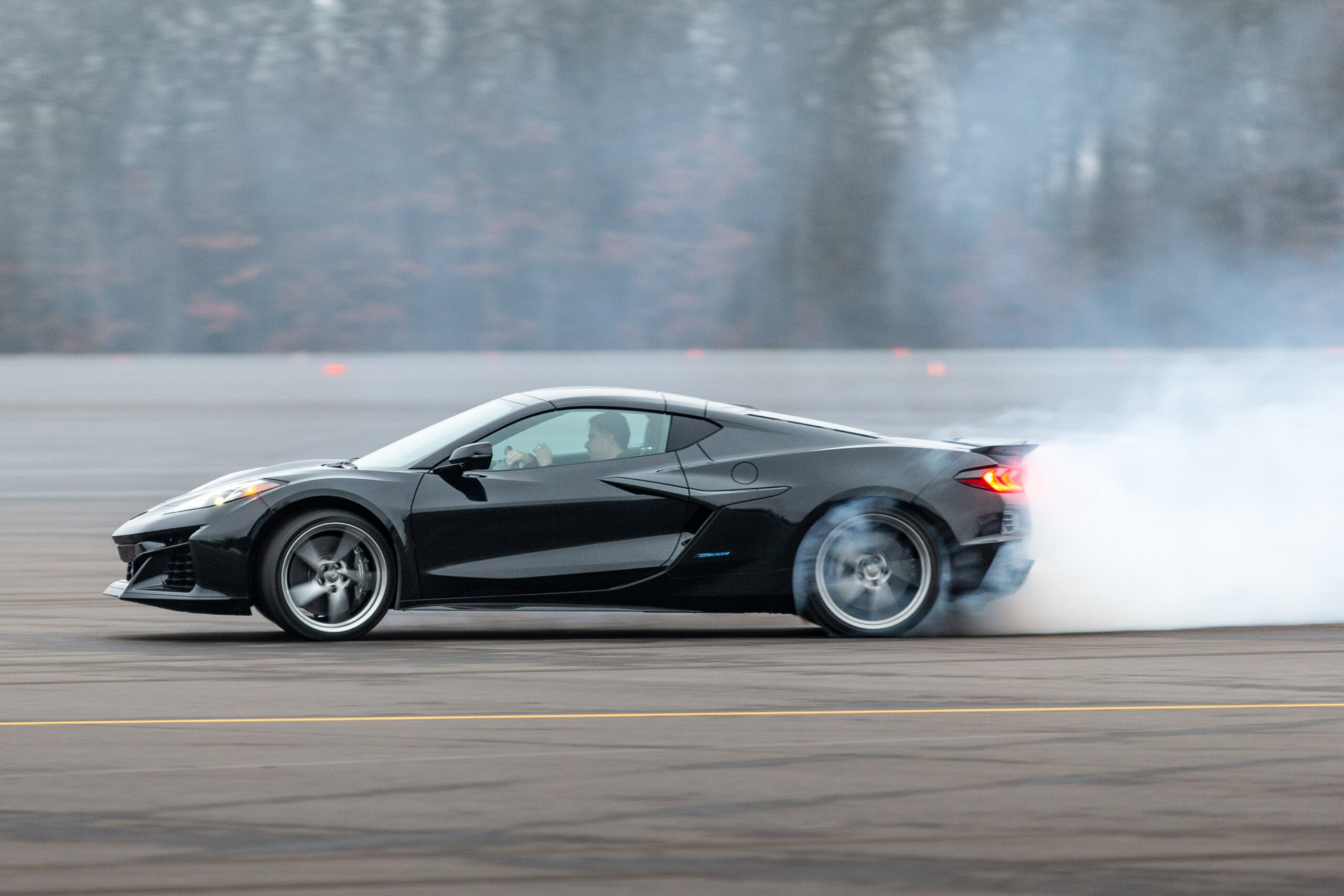
So yeah, the old Corvette owner image is still kind of a thing. Even though the C8 is getting some younger fans, most Corvette owners are still in their 50s. But that doesn’t mean younger people don’t like Corvettes. It’s more about economics. Not as many younger folks are buying new cars in general, let alone luxury sports cars. With new cars costing over $47,000 on average, a $70,000+ Corvette is a big purchase. But a lot of younger fans are all over social media and car shows, showing love for the C8. Many grew up watching Corvettes winning races in Europe or getting reviewed on YouTube and see them as something they could actually own.
For instance, the hybrid E-Ray and ZR1 Corvettes appeal to younger people since they’re techy and easy to use, thanks to their all-wheel drive. Older Corvettes didn’t have that. So, while the stereotype is sticking around for now, it’s not as strong as it used to be since the Corvette is bridging generations now. Boomers still want them, Gen Xers love driving them fast, and Millennials are now starting to like them too.
The Verdict: A Myth Rewritten
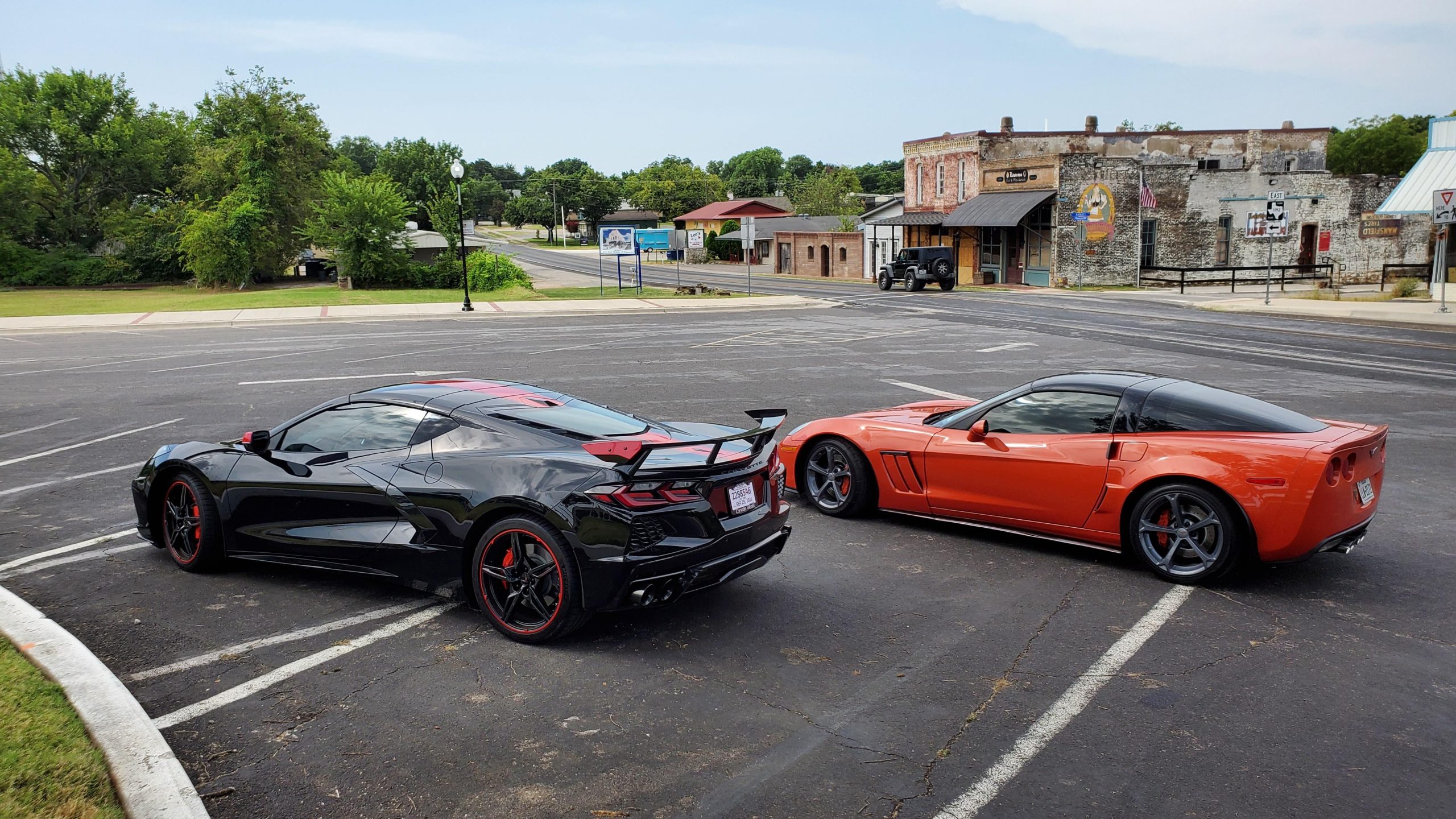
The old guy in a Corvette cliché isn’t totally gone, but it’s definitely evolving. The C8’s success proves that. A new kind of buyer has arrived, drawn by the Vette’s engineering and performance figures, rather than ego. Chevy has done an excellent job of keeping this American icon alive by preserving its heritage but making it better through innovation. That is something that not many sports car names can claim.
Sure, there are still plenty of guys with a midlife crisis buying Corvettes as an emotional reaction to aging or self-doubt, but the modern Corvette is also about confidence. It’s not just about trying to feel young again but about embracing performance, design, and technology for what they are without apology or pretense.


